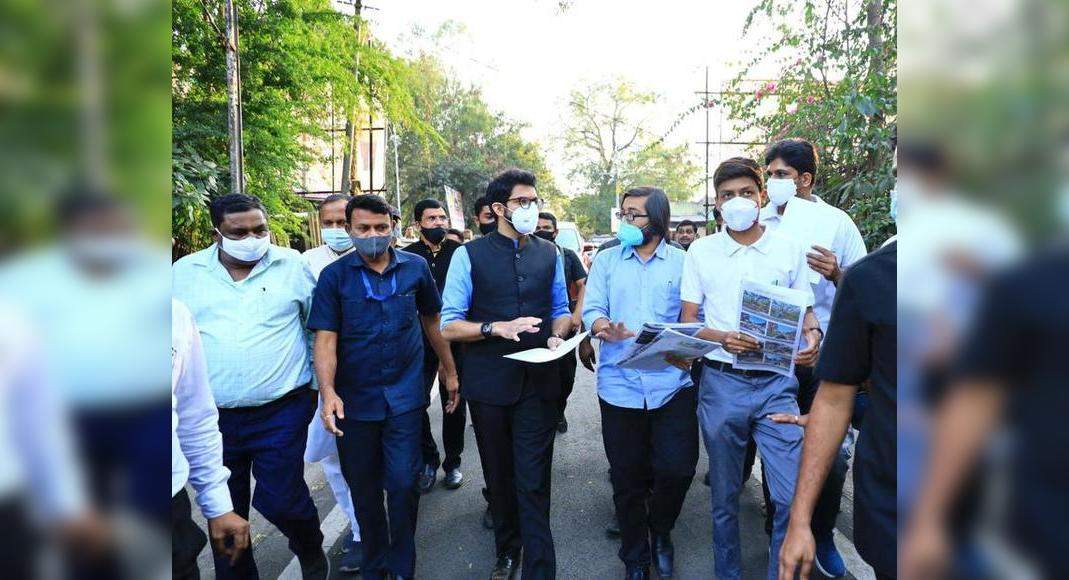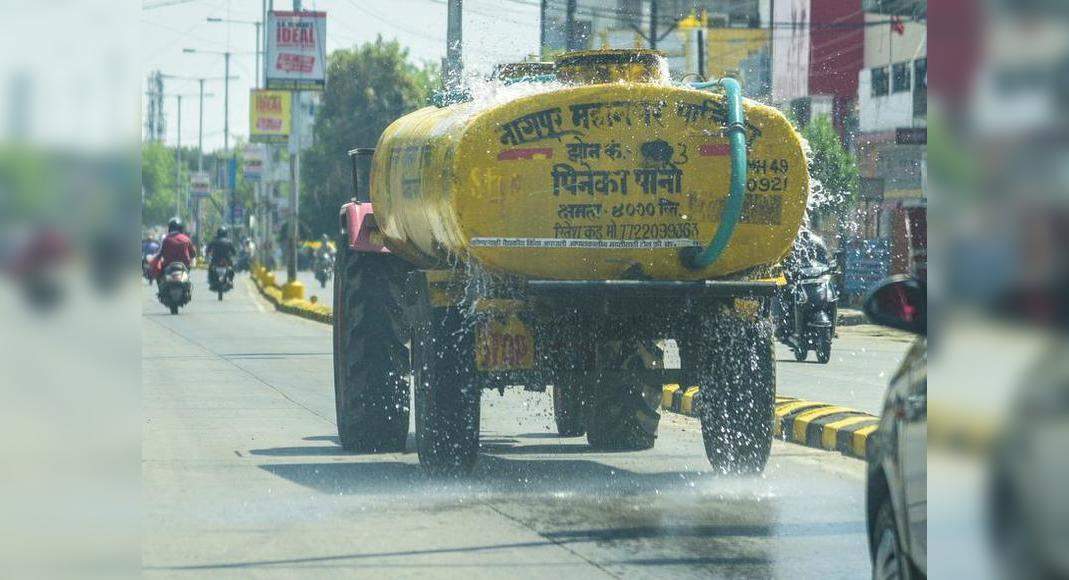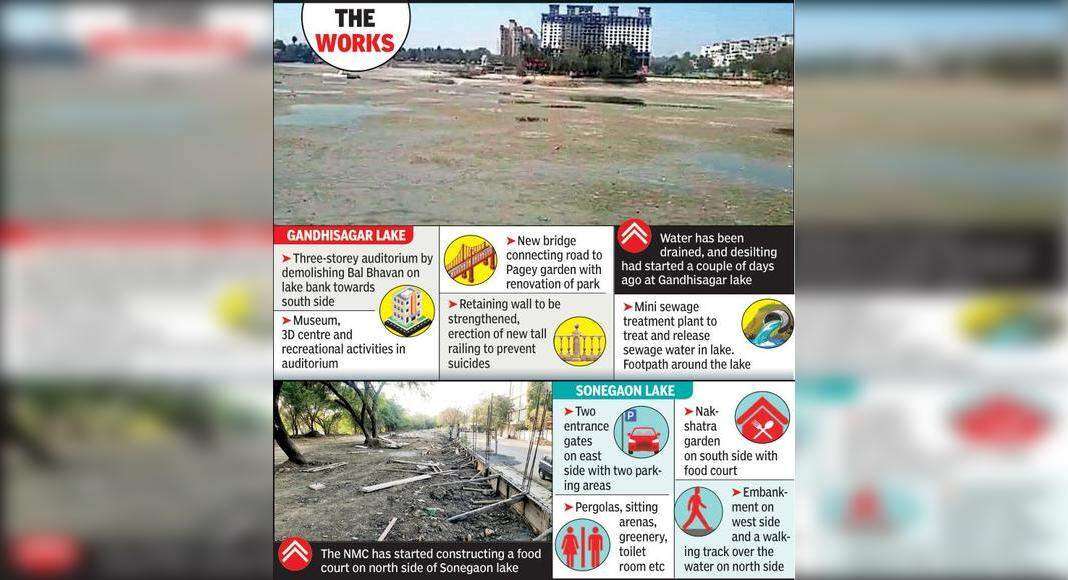* Ratnamala decided to run an illicit country liquor business from her home after her husband died of Covid.
She had no choice after her in-laws heaped abuses and blamed Ratnamala for her husband’s death * After physical torture and inhuman treatment at her matrimonial home, Jyotsana returned to her parents * The family members of two orphaned girls – Aakanksha and Bali – wanted to usurp the girls’ share in the ancestral property.
Currently, the two are living with a guardian who is the sister of their grandparents The Covid pandemic has had an indelible, multi-pronged, socio-economic damaging effect – crumbling healthcare infrastructure, saving lives, addressing humanitarian concerns and the need to keep the wheels of economy running.
But, amid the raucous calls for saving lives, cases of domestic abuse and violence seem to have got buried, especially of those from the economically weaker sections and rural areas.
And women – either widowed or tormented by jobless and alcoholic husbands – have been the worst sufferers as their tears dry up, voices muffle and they get dragged into an abyss of endless misery.
Widows, especially the young or middle-aged, bear the brunt of in-laws’ wrath.
Women are assaulted, abused, violated and ousted from their family homes and left to fend for themselves.
Such incidents go unreported according to crusaders working on the issue.
What worsens things for such women is the absence of a redressal mechanism to salve psychological and physical wounds with many sinking deeper in the quicksand of distress.
With the courts closed, the police machinery busy with implementing Covid restrictions and administration focusing on Covid management, there is nowhere that these hapless women can get their voices heard.
Such women need immediate help and it is at this juncture that the crucial role of village-level paralegal volunteers (PLVs) appointed by the District Legal Services Authority comes into play.
These grassroot-level soldiers are trained and supported by Prakriti.
The NGO working on women’s issues in Vidarbha and adjoining states of Madhya Pradesh and Chhattisgarh for over two-and-a-half decades.
Most of these PLVs work in villages of Saoner, Kamptee, Parseoni tehsils of Nagpur district.
They brave the challenges posed by Covid times like no transport, most of the government machinery not visiting village or tehsil levels and yet trying their best to get work done.
These volunteers, who are essentially local villagers, visit such women in distress and extend every possible help and support to resolve issues, overcome the situation or help reach a compromise.
Some of the PLVs have themselves been victims of abuse, discrimination and have overcome adversities to help those of their ilk.
One such PLV is Vaishali.
Her story symbolizes the proverbial rising from the ashes and walking with head held high.
Vaishali had been a victim of domestic violence, abuse and once driven to the extent of ending life by suicide after being unable to regroup her psychological wellness.
But Prakriti’s counselling and guidance helped Vaishali to resolve to make her life worthwhile and also help those in the throes of a wrecked life.
Vaishali counselled Ratnamala to quit illicit country liquor trade.
She also got Ratnamala to enlist for government pension scheme for widows and destitute.
Vaishali helped Ratnamala in getting her husband’s death certificate and got the age details of her son corrected on the birth certificate so that he is not deprived of education.
After helping Jyotsana get back her share of wedding presents, Vaishali convinced Jyotsana’s father to construct a separate room so that she could live a life of dignity.
Chitra is a PLV and an anganwadi worker.
She assisted three women who lost their husbands to Covid.
Chitra not only provided them with psychological support but also tapped government schemes to make them financially stronger and ensure education of their children and sustenance of their families.
She is also helping Aakanksha and Bali.
Chitra not only ensured that the girls do not lose out on something which they are legally entitled to and have been making efforts to convince their guardian to move an application in the court to restore the girls’ ancestral rights.
These examples illustrate the absolute ignorance about two factors; one, quiet acceptance of adversities, physical and psychological abuse, domestic violence, no knowledge about government schemes etc; and two, obliviousness to a possible legal remedy available to live a life of dignity.
This is where PLVs play a crucial role.
They provide hope to the hopeless, assist in treading a hitherto unexplored legal path, help become self-dependent and stake claim to what they’re entitled for.
Covid times have seen instances in villages when the parents hurriedly solemnize the wedding of their minor children as expenses would be less without bothering about the match.
In some cases, the marriage is on the rocks in just a few days.
The girls are subjected to abuse, violence and mental torment.
As a result, the women return to their parents.
PLV Nirmala uses this nuance to educate the people about the perils of underage marriage and the damaging effect it has on the mental, physical and economic health.
An encouraging part of this narrative is that the PLVs are self-motivated and eager to help others.
They get no allowance or any remuneration or even letter of commendation from the authorities for their selfless service.
There have been occasions, when some of them even paid from their own pockets to provide ration to families on the brink of starvation.
According to Abhijit Deshmukh, secretary, DLSA (Nagpur) and a senior civil judge, the efforts of the PLVs to help distressed rural women especially during the Covid-induced lockdown are commendable.
“The way the PLVs counselled and assisted rural women victims of abuse and harassment to alleviate them of their plight is praiseworthy.
Hope they continue to discharge selfless service for a better society,” he said.
Senior civil judge Sonali Shah said that the PLVs should encourage and motivate others to help all those in need of help.
Now with restrictions on a start-stop mode, the PLVs unanimously say: “Last year’s lockdown has taught us a lot.
We now know how to negotiate a tricky situation.
We will do our best so that no woman suffers.”




